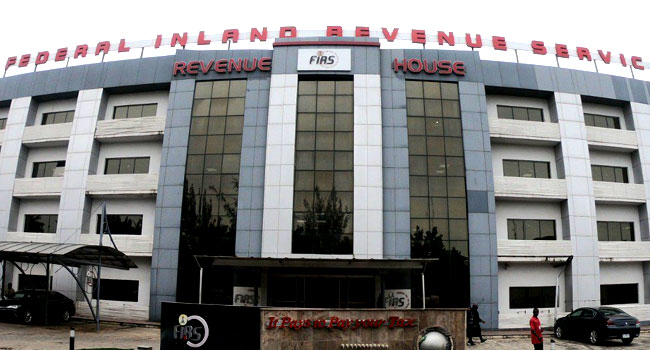The Federal Inland Revenue Service (FIRS) and the Market Traders Association of Nigeria (MATAN) have teamed up to facilitate the collection and remittance of value added tax (VAT) from its members using a unified systems technology.
The agency made the announcement on Monday via its official Twitter handle, saying this was particularly for those working in the informal sector.
The statement noted that a unified systems technology would be used to carry out the collaboration, also known as the VAT direct initiative (VDI).
The umbrella organisation for all commercial associations in Nigeria, MATAN, was established in 1995. With well over 40 million traders as members all over Nigeria, the group dominates the country’s market.
According to the revenue service, MATAN is anticipated to “promote awareness on VAT collection and remittance in the marketplace and informal sector, while also simplifying VAT payment and remittance for the marketplace and informal sector using a purpose-built digital platform” through the program.
“MATAN has a digital platform which enumerates their members giving them a digital ID and tracks their turnover so that VAT accrued is collected and remitted to the FIRS,” the statement reads.
“The VDI is the first of its kind programme that will utilise technology to foster collaboration between FIRS and the marketplace for the collection and remittance of VAT.”
FIRS said that the agreement will allow it to work with security organisations “to curb the activities of touts, miscreants, and self-imposed tax collectors involved in illegal tax collection in Nigeria’s market spaces.”
The agency added that the Value Added Tax (VAT) will increase VAT revenue for the three levels of government, which in turn will provide more funds for infrastructure, social services and the general well-being of the people.
According to FIRS, every member of MATAN shall be issued with an identity card upon enumeration for the purpose of ensuring compliance and accountability.
“This card contains their tax identification number (TIN) and other personal details for tax purposes,” the agency said.




